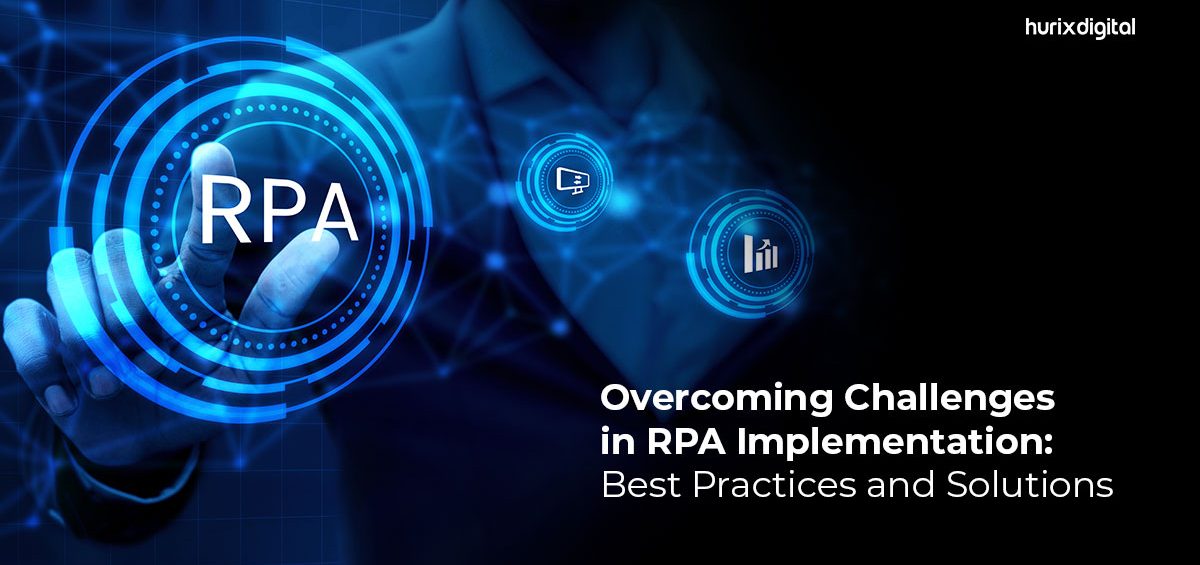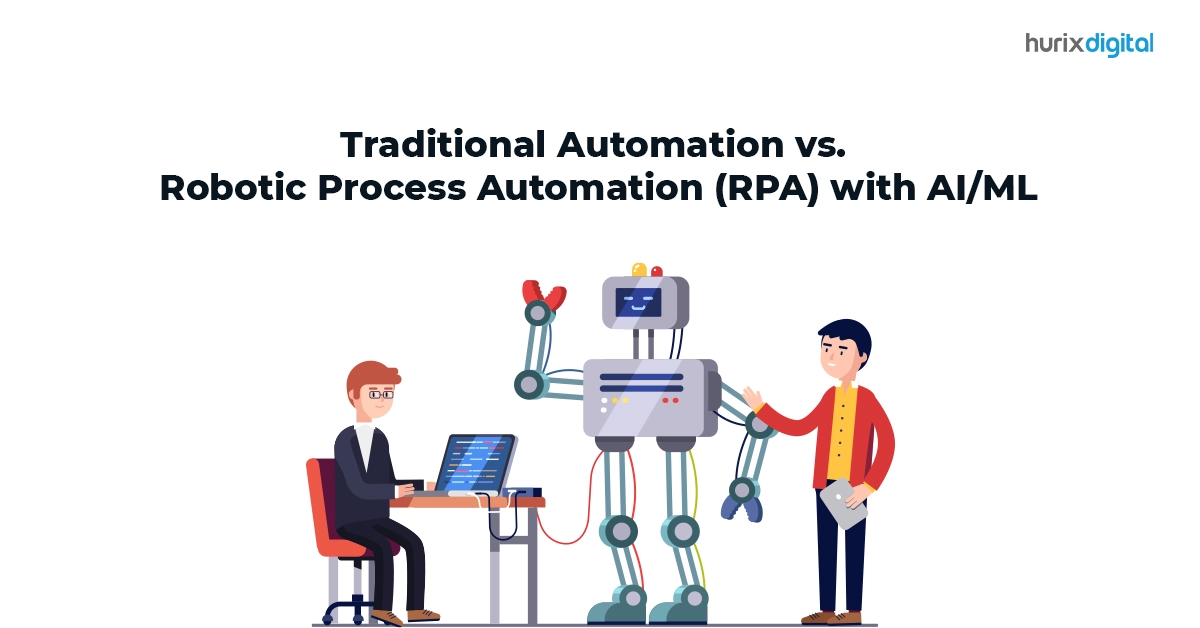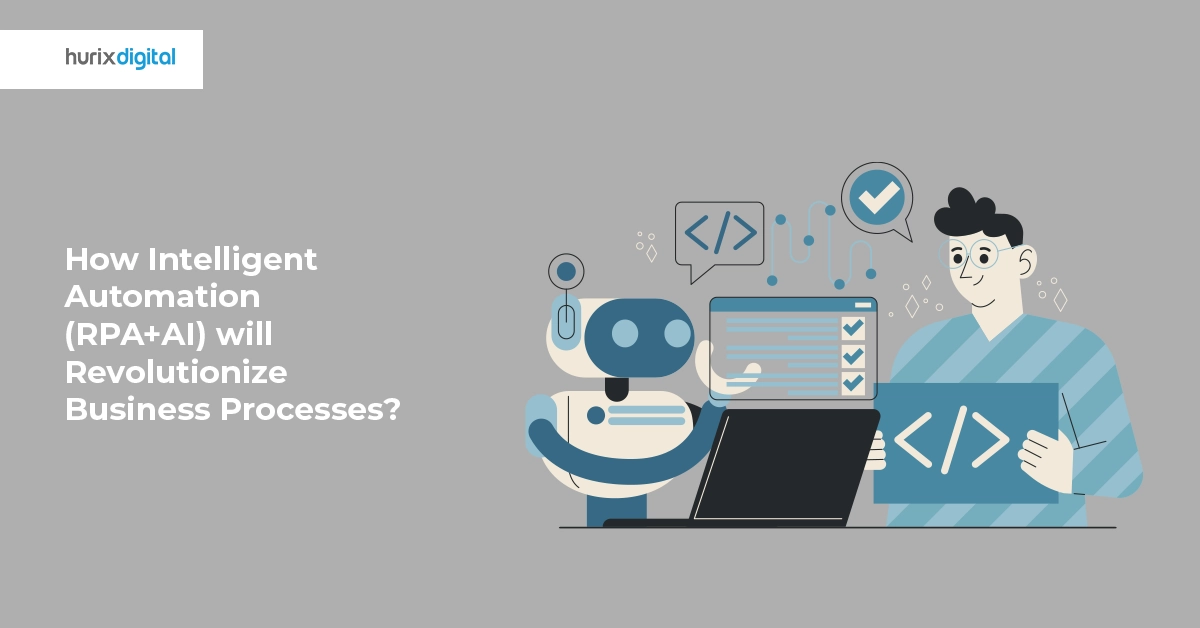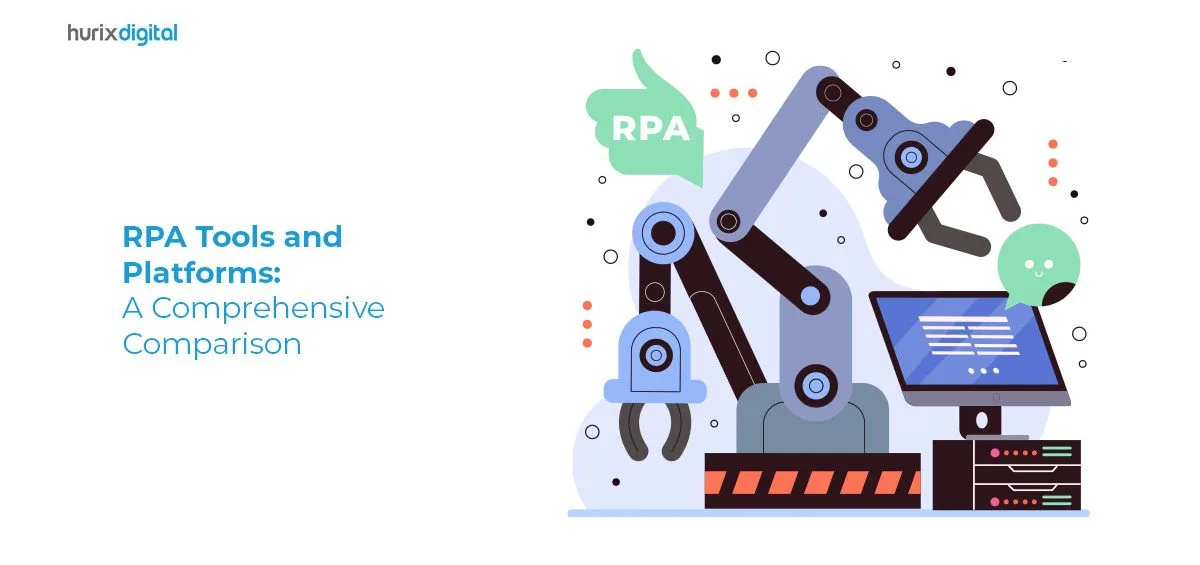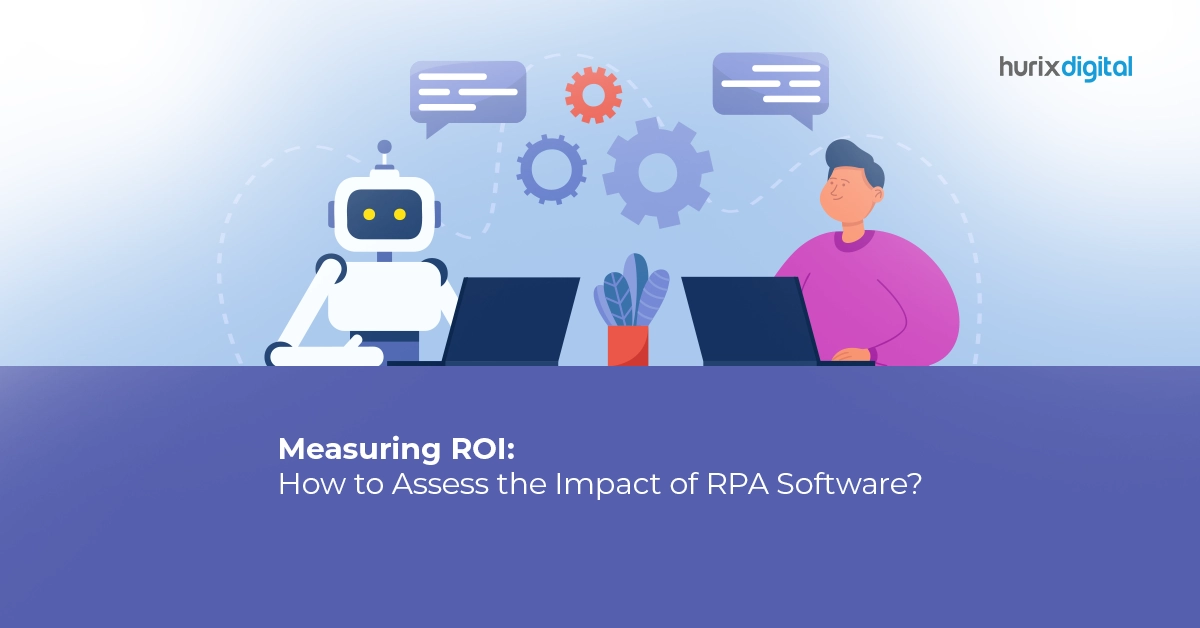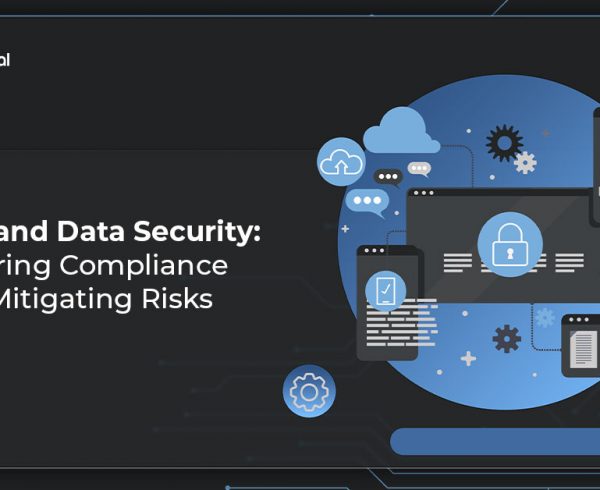Summary
This guide has provided you with a comprehensive overview of robotic process automation, including RPA challenges and RPA solutions.
Robotic Process Automation, or RPA, can transform your business through its powerful automation capabilities. With technological advancements, RPA has become a highly flexible, adaptable, and scalable tool that can redefine modern business operations.
There is already a significant shift toward automation services, which account for over 61% of the global market and is expected to grow by 26.9% in the next five years. By investing in RPA right now, you can effectively allocate and utilize your resources, enabling business growth amidst constantly evolving financial trends.
However, strategically integrating RPA into your workflow is crucial to maximizing the benefits. This comprehensive guide will provide valuable insights into robotic process automation, including RPA challenges and RPA solutions.
Starting with the fundamentals, we want to help you make informed decisions regarding RPA implementation in your business.
Table of Contents:
- What is Robotic Process Automation?
- What Tasks Can RPA Perform?
- Challenges Involved in RPA Implementation
- Steps Involved in Successful RPA Implementation
- In Conclusion
What is Robotic Process Automation?
Robotic process automation (RPA) is an automation technology that employs machine learning and artificial intelligence tools to automate repetitive tasks. RPA operates 24×7, delivering efficient results without the need for human intervention.
For instance, businesses often struggle with completing mundane tasks like data entry, document generation, and editing. RPA can finish tasks like these quickly and efficiently, allowing you to save time, money, and resources.
What Tasks Can RPA Perform?
Robotic process automation can perform a huge variety of tasks across numerous industries. Through its optimal functionality, RPA can unlock efficiencies that add great value to your business and drive rapid innovation.
Here are some popular RPA use cases:
- Data entry & migration
- Data validation
- Data collection & analysis
- Report generation and editing
- Invoice processing
- Financial auditing
- Customer service support
- Employee support and management
- IT support and maintenance
- Supply chain management
Also Read: How RPAs are used for Business Automation?
Challenges Involved in RPA Implementation
It is safe to say there are several advantages of RPA. However, there also exist some major disadvantages and challenges that are associated with it. We have listed some common RPA challenges:
1. Complex Tasks
RPA works easily and smoothly with standardized tasks like data collection, analysis, documentation, etc. More complex tasks with multiple variables and subjectivities require specialized RPA strategies. Specialized RPA strategies are difficult to set up and need professional technical support. If you are new to RPA, you might need additional help and resource allocation to get the RPA up and running.
2. Lack of IT Alignment
The lack of integration and alignment of automation with the IT infrastructure is another major RPA challenge. The IT team must ensure that all the systems and processes are properly configured with the RPA. The IT team might be required to put in extra effort and do multiple tests to achieve maximum functionality and compatibility.
3. Return on Investment
At the beginning of setting up the RPA, it can be difficult to establish a proper cycle of return on investment. Initially, while struggling with challenges like lack of business, low productivity, low functionality of tools, employee adjustment, etc., reaching a desirable ROI can be difficult. However, with time and much-required planning, you will be able to see improvements and growth.
4. Expertise and Skill Gap
Even after sufficiently training employees and management, they can face difficulties in properly understanding the design and mechanisms of the RPA. In such a case, focus on improved training and development strategies. Additionally, you can also hire professional trainers to train your team and provide them with all the necessary support.
5. Scalability and Growth
Once the initial hiccups have been solved and the employees have fully adopted the RPA, organizations, and companies often reach a stage of comfort where operations run smoothly. However, further growth takes a backseat. Therefore, in such cases, it is important to focus again on scalability. This can be done by investing in new configuration bots and tools.
Steps Involved in Successful RPA Implementation
A good RPA strategy must be articulated carefully and tactically. Depending on your organization’s needs, the steps involved in the RPA implementation will vary.
Here are some basic steps involved in RPA implementation:
1. Identifying the Processes Needing Automation
The first and most important step of the RPA implementation is identifying the processes which need automation. After identification, they must be organized in priority and volume. The identification should also be paralleled with the feasibility of IT solutions. Lack of IT alignment can affect robotic process automation.
2. Tool Research and Selection
Moving forward, you must research and select the tools that best complement the tasks needing automation. Keep in mind factors like scalability, compatibility, and flexibility of the tools while selecting them.
The tools’ security features must also be reliable to avoid data breaches. Often organizations and businesses hire vendors to provide the right support for selecting the appropriate automation tools.
3. Testing and Iterating
Ensure you test the selected tools in different contexts for their reliability and accuracy. The contexts you test them in should be both normal and exceptional to fully understand the functionality of the tools. The testing can be run parallelly with bot configurations to identify and fix the errors.
4. Maintenance and Monitoring
Insufficient maintenance can greatly disturb the performance of your robotic process automation. Regularly track factors like metrics, costs involved, productivity gains, customer satisfaction, etc. You can hire vendors to maintain the tools and update them regularly. The configuration bots also need regular maintenance and updates.
5. Training the Employees
Another important step of RPA is training the employees who work parallelly with the robotic process automation. Keep in mind you inform the employees whose work will be more directly affected in advance to ensure a smooth transition.
Also Read: Top 6 Ways to Improve Efficiency with RPA in Higher Education
In Conclusion
It is important not to feel overwhelmed if you are facing such challenges. You can easily resolve the RPA challenges with proper planning and well-implemented strategies. If you are seeking help or expert guidance, contact us at Hurix Digital.
At Hurix Digital, we take great pride in offering expert digital solutions globally. Our advanced technology and solutions can resolve all your RPA challenges quickly and efficiently. Some of our other services include Digital Content Solutions, Digital Content Transformation, Digital Engineering & Technology, and more.
Get in touch with our expert team now and get started.
Hope to see you soon!


